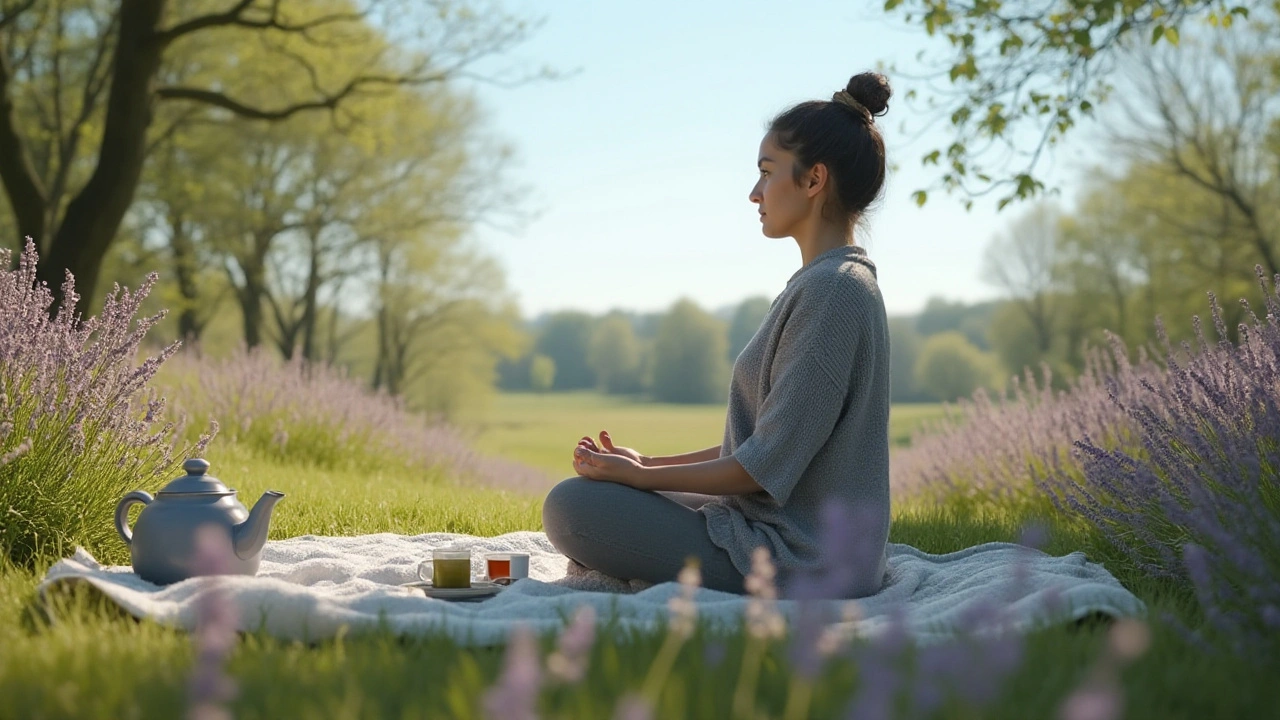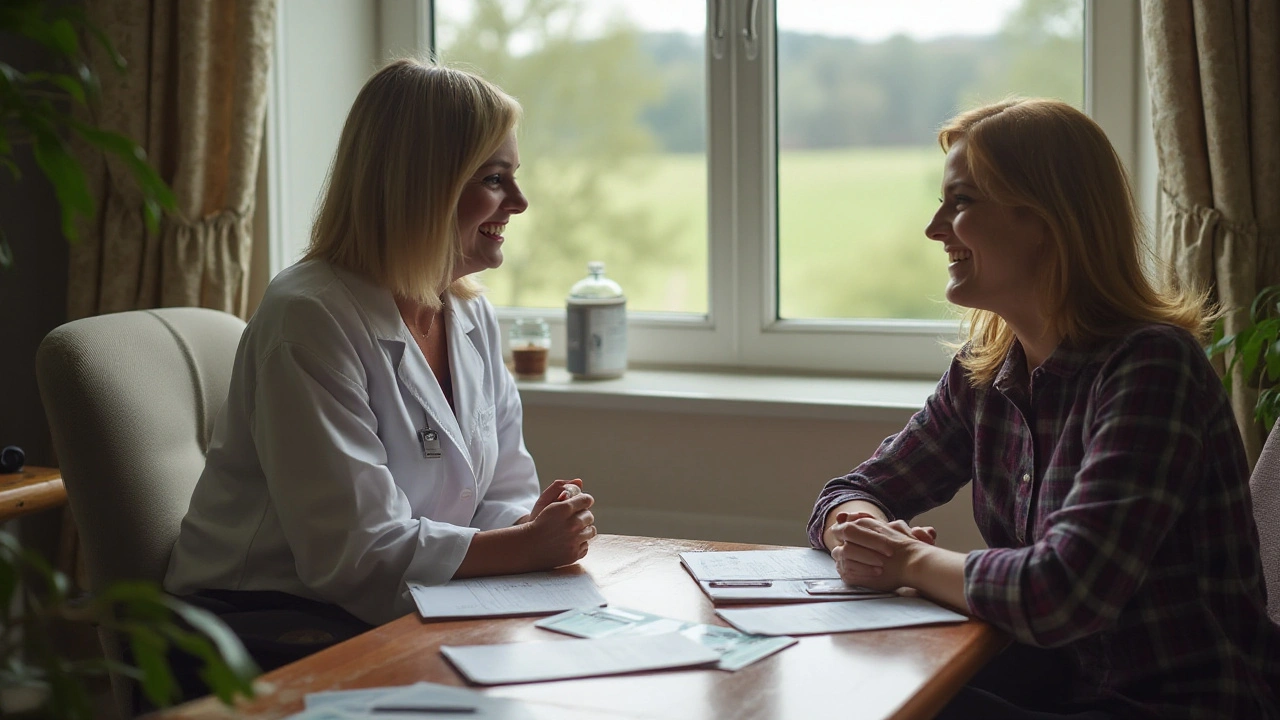January 2025 Archive — Alternatives to Buspirone and Antabuse
This month we published two practical guides that people actually search for: natural ways to manage anxiety as alternatives to Buspirone, and eight alternatives to Antabuse for alcohol use disorder. If you want quick, useful takeaways without medical jargon, you’re in the right place. Below I summarize what each piece covers and what I’d consider first if I were weighing options.
Natural remedies for anxiety (vs Buspirone)
Buspirone is a prescription anti-anxiety medicine that can work well for some people, but others want nonpharmaceutical or complementary options. The article highlights lifestyle fixes you can start right away: regular aerobic exercise, consistent sleep, reducing caffeine, and daily breathing or grounding practice. These change how your body reacts to stress and don’t carry the same side-effect profile as many drugs.
On the supplement and herb side, the post points to options with some clinical backing: magnesium for mild anxiety, lavender (oral or inhaled) for calming effects, and short-term use of chamomile. It mentions ashwagandha as an adaptogen some people find helpful, but warns about inconsistent products and interactions with medications. The guide also covers behavioral options: cognitive behavioral therapy (CBT), mindfulness-based stress reduction, and small habit shifts like limiting late-night screen time that raise baseline anxiety.
Practical note: if you’re on Buspirone or any psychiatric drug, don’t stop it suddenly. Talk to a clinician about taper plans, and consider combining low-risk natural approaches with medical care rather than replacing it overnight. Read the full post for links to dosing ranges, safety notes, and when to seek urgent help: https://accessrx.su/posts/21162
Alternatives to Antabuse for alcohol use disorder
Antabuse (disulfiram) works by producing unpleasant reactions to alcohol, but it’s not right for everyone. The January article walks through eight alternatives and what each does. First-line medicines include Naltrexone, which reduces cravings and is available as oral and monthly injectable forms, and Acamprosate, which helps with prolonged abstinence by easing brain chemistry changes after stopping drinking.
The post also explains off-label options that some clinicians use: Topiramate (can reduce heavy drinking), Baclofen (muscle relaxant with some data for craving reduction), and Gabapentin (helps with sleep and withdrawal symptoms for some people). Each entry lists typical benefits and common downsides—like sedation, cognitive effects, or the need for kidney/liver monitoring—and emphasizes that what works varies person to person.
Treatment isn’t just pills: psychosocial support, counseling, and peer groups often change outcomes more than any single medication. The article encourages talking to a healthcare provider about medical history, current drugs, and goals before choosing a path. Full breakdown and pros/cons are available here: https://accessrx.su/posts/20764
If you want to explore either topic deeper, read the linked posts and then bring notes to your clinician. Practical decisions are best made with clear goals, safety checks, and a plan you can stick with.
Exploring Natural Remedies for Anxiety Instead of Buspirone
In a world where anxiety can overwhelm, people often search for effective remedies to find peace. While medications like Buspirone offer relief, there’s growing curiosity about natural alternatives. This article delves into various herbs, lifestyle changes, and mindfulness practices that help manage anxiety symptoms. These natural methods can be a great supplement or alternative to traditional medication, offering a holistic approach to mental health.
Effective Alternatives to Antabuse for Alcohol Use Disorder
This article explores eight alternatives to Antabuse, a medication used to treat alcohol use disorder. Each alternative offers unique benefits and drawbacks, making it important for individuals to understand their options. Medications like Naltrexone, Acamprosate, and Topiramate are discussed in detail, along with off-label solutions such as Baclofen and Gabapentin. By understanding the pros and cons of each option, individuals and healthcare providers can make informed decisions about the best treatment path.


